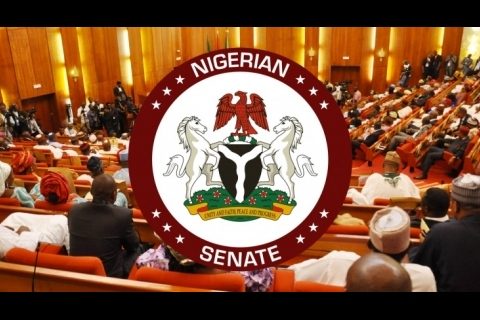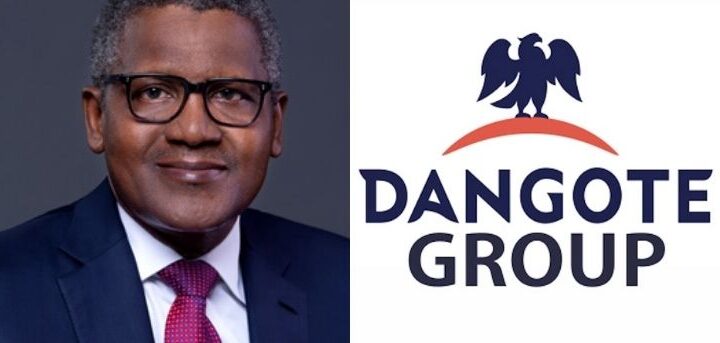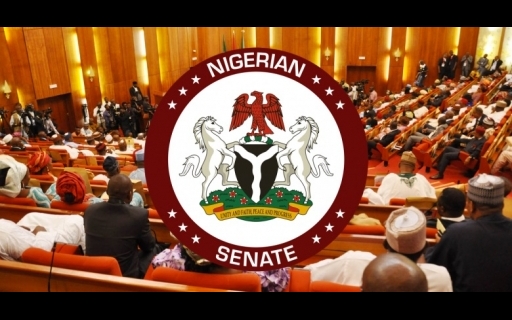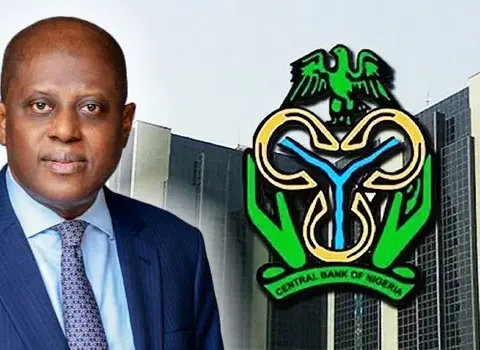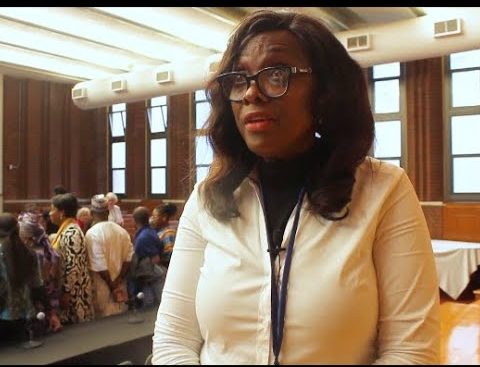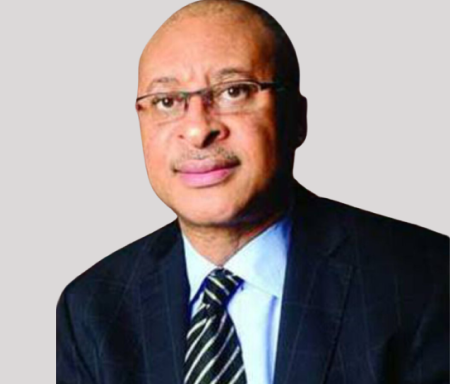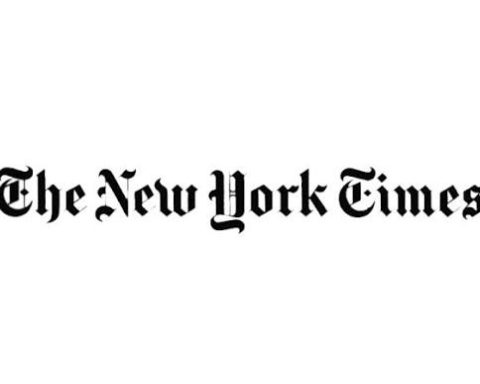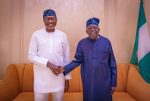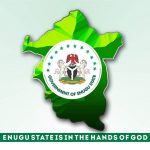In commemoration of his death, I join Nigerians in mourning Muhammadu Buhari, who spent much of his adult life serving, or striving to serve, the nation. His years in power were marked by bold ambition, persistent effort and moments of unfulfilled promise. Now gone, his legacy invites reflection on a leadership that helped shape national discourse for decades.
Buhari’s political journey had two defining phases: as military ruler (1983–1985) and as elected president (2015–2023). His military era was marked by strict discipline and an anti-corruption drive, notably the “War Against Indiscipline,” which appealed to citizens weary of disorder. However, it was also criticised for authoritarianism, with crackdowns on dissent and detentions that curtailed civil liberties.
Join our WhatsApp ChannelAfter decades out of power, Buhari’s return as civilian president stirred high hopes. His reputation for discipline and anti-corruption promises offered a break from past impunity. Seen as a “second chance” at leadership, his early pursuit of corrupt officials, including high-profile cases, inspired optimism among many Nigerians.
The Currency Conundrum: A striking feature of Buhari’s leadership was his repeated intervention in Nigeria’s currency system. Twice, under very different circumstances, he authorised sweeping naira redesigns. The first, during his military regime in 1984, was a sudden and dramatic attempt to curb corruption and illicit wealth. While well-intentioned, the policy caused widespread disruption and hardship, with long queues and losses for many Nigerians. Decades later, in 2022, Buhari’s civilian administration revisited this approach, citing the need to combat inflation, money laundering, and the financing of terrorism. Though the Central Bank hailed the policy for tightening monetary control, many Nigerians saw it as an inconvenient measure that offered little immediate relief.
As former Central Bank governor Godwin Emefiele faces trial while his former boss is laid to rest, one might wryly wonder if Buhari’s legacy will be remembered more for his dramatic currency interventions than for broader economic reforms.
A Mixed Legacy
Muhammadu Buhari’s presidency was marked by a legacy that remains deeply contested, especially on issues of insecurity, the economy, and corruption.
On insecurity, the statistics paint a grim picture. According to the Nigeria Security Tracker, over 63,000 Nigerians were killed in violent incidents during Buhari’s eight years in office, averaging about 22 deaths per day. The worst years were between 2019 and 2021, with annual deaths exceeding 9,000. The government’s failure to significantly curb kidnappings, banditry, and communal violence undermined Buhari’s initial campaign promise to restore security.
Economically, Buhari’s administration faced Inflation more than doubled, rising from about 9% in 2015 to over 22% by 2023, while unemployment surged from 10.4% in 2015 to 33.4% in 2020.
Corruption was a cornerstone of Buhari’s campaign rhetoric, and while some high-profile prosecutions occurred, critics argue the effort was selective and failed to uproot entrenched graft. Institutional reforms were largely neglected, allowing corruption to fester. Alarmingly, many Nigerians now view his successor as an extension of those failures, plunging the nation from the frying pan into a blazing inferno of worsening hardship and unaccountability.
Aisha Buhari’s recent plea for Nigerians to forgive her late husband, Muhammadu Buhari, reignited debate over his troubled legacy. Speaking shortly after his death, she revealed that he had often told her, “If I pass away before you, kindly ask Nigerians to forgive me for any wrongs I might have committed during my time in power.” His request, made in private but now public, invites a moment of national reflection.
This appeal is not without context. Aisha had previously admitted the government fell short, apologising for the hardship Nigerians faced under her husband’s administration. Her candour, rare among Nigeria’s political elite, echoes the frustrations of a populace. But why did Buhari himself fail to do the public apology before his death?
Moreover, speculation about Buhari’s death further complicated his presidency. Rumours, amplified by figures such as former British MP Eric Joyce, questioned whether he was alive from as far back as 2017. The phrase, “this is not the man she married,” often linked to Aisha, captured the disillusionment many felt as the nation seemingly drifted under silent leadership.
The grievances are numerous, including allegations of nepotism. Yet many wonder whether ex-president Buhari ever truly acted to “correct the old wrongs”, or merely presided over a recycled era of disappointment. Did the ex-president ever make a sincere effort to deserve it?
The death of Buhari elicited an outpouring of condolences from politicians, world leaders, and public figures, reflecting his prominence on both the national and international stage. However, beneath the surface of these official tributes lies a complex web of motivations.
In Nigeria’s deeply divided political environment, expressions of grief can serve as strategic gestures aimed at currying favour with the influential Northern region, this is even as the country is curious about 2027 elections.
READ ALSO: World Leaders, Nigerian Statesmen Mourn Buhari’s Passing At 82
Social media laid bare the nation’s fractured emotions, with reports of locals in some areas allegedly celebrating Buhari’s death. The contrast between solemn mourning and private relief, even outright jubilation, captures the complexity of his legacy. It is a legacy marked by respect but deeply marred by resentment, hope shadowed by disappointment.
Nigeria’s Leaders and health care services
Nigeria’s history of leaders seeking medical treatment abroad is long-standing. After leaving office, Buhari continued to rely heavily on the United Kingdom. Throughout his presidency and post-presidency, Buhari made numerous medical trips overseas, spending a total of 172 days abroad between 2015 and 2018 alone. His extended absences for health reasons, such as a 104-day stay in London in 2017, fueled public concern and rumours about his death that year, and criticism over the state of Nigeria’s healthcare system.
This ongoing dependence on foreign medical care, even after eight years in office, frustrated many Nigerians who lamented that a “mighty man” like Buhari could not be cared for in his own country. His death in a hospital abroad only deepened this sense of systemic failure and neglect.
Similarly, former President Umaru Musa Yar’Adua spent about 100 days receiving medical care abroad before dying in office. Ibrahim Babangida has also sought treatment in Germany and Switzerland, just like many governors and senators who regularly travel for treatment, often seen as a show of privilege. These patterns expose a deeper crisis: even Nigeria’s most powerful figures do not trust the country’s healthcare system.
This distrust came into focus again in the ongoing fraud case against former Kogi State governor Yahaya Bello. When he applied to travel abroad for medical treatment, the Economic and Financial Crimes Commission (EFCC) opposed the request, arguing that he could receive care at the same state-of-the-art hospital he claimed to have built in Kogi State. Evidence that ordinary Nigerians are left behind in poorly equipped, underfunded hospitals, despite being the ones who ultimately pay for the elite’s overseas treatments as taxes.
The situation also underscores a troubling contradiction. Nigeria, a nation with a median age of just 18, is governed by a largely ageing political class. This generational disconnect delays vital reforms and deepens the healthcare crisis. With leaders out of touch with the realities of a youthful population, progress toward building modern, functional systems remains painfully slow.
Failed System and the Inevitable Reality of Death: Lessons for Present and Future Leaders
Nigeria’s leadership history holds a tragic irony. Those who once governed broken institutions often became victims of their own neglect. When illness struck, even the most powerful could not trust the systems they led, seeking treatment abroad while ordinary citizens endured failing hospitals. In death, power proves limited. The image of a leader dying far from home captures both the cost of unfulfilled reforms and the vulnerability that no status can shield.
Such legacies are inevitably complex. Leaders leave behind trails of promises on healthcare, security and economic progress, many of which remain unfulfilled. Their reliance on foreign medical care has become a stark symbol of systemic failure, reminding citizens that no one is immune to the consequences of bad governance. These leaders serve as cautionary tales, reinforcing the urgent need for reform and honesty in public service.
True leadership demands more than rhetoric. What endures is impact. Words must be backed by action, and integrity must guide decision-making. Citizens’ trust is fragile, and once broken, difficult to restore.
The continued reliance on ageing leaders, many of whom require prolonged medical care abroad, highlights a growing disconnect in a nation teeming with youthful energy and intelligence. There is a need for urgent and deliberate reform because this dependence not only drains national resources but also squanders the vibrancy and potential of young Nigerians, who are often excluded from key decisions.
As Nigeria reflects on Muhammadu Buhari’s legacy, it must reckon with a story of both effort and missed opportunity. His death invites not just tribute but introspection. The nation now stands at a crossroads where it must confront its past, reform its institutions and demand better governance. Only through this resolve can it build a future that truly serves its people.
Dr Mbamalu, a Jefferson Journalism Fellow (East-West Center, Hawaii, United States) and former Editor at The Guardian, is the publisher of Prime Business Africa.
Dr. Marcel Mbamalu is a distinguished communication scholar, journalist, and entrepreneur with three decades of experience in the media industry. He holds a Ph.D. in Mass Communication from the University of Nigeria, Nsukka, and serves as the publisher of Prime Business Africa, a renowned multimedia news platform catering to Nigeria and Africa's socio-economic needs.
Dr. Mbamalu's journalism career spans over two decades, during which he honed his skills at The Guardian Newspaper, rising to the position of senior editor. Notably, between 2018 and 2023, he collaborated with the World Health Organization (WHO) in Northeast Nigeria, training senior journalists on conflict reporting and health journalism.
Dr. Mbamalu's expertise has earned him international recognition. He was the sole African representative at the 2023 Jefferson Fellowship program, participating in a study tour of the United States and Asia (Japan and Hong Kong) on inclusion, income gaps, and migration issues.
In 2020, he was part of a global media team that covered the United States presidential election.
Dr. Mbamalu has attended prestigious media trainings, including the Bloomberg Financial Journalism Training and the Reuters/AfDB Training on "Effective Coverage of Infrastructural Development in Africa."
As a columnist for The Punch Newspaper, with insightful articles published in other prominent Nigerian dailies, including ThisDay, Leadership, The Sun, and The Guardian, Dr. Mbamalu regularly provides in-depth analysis on socio-political and economic issues.



